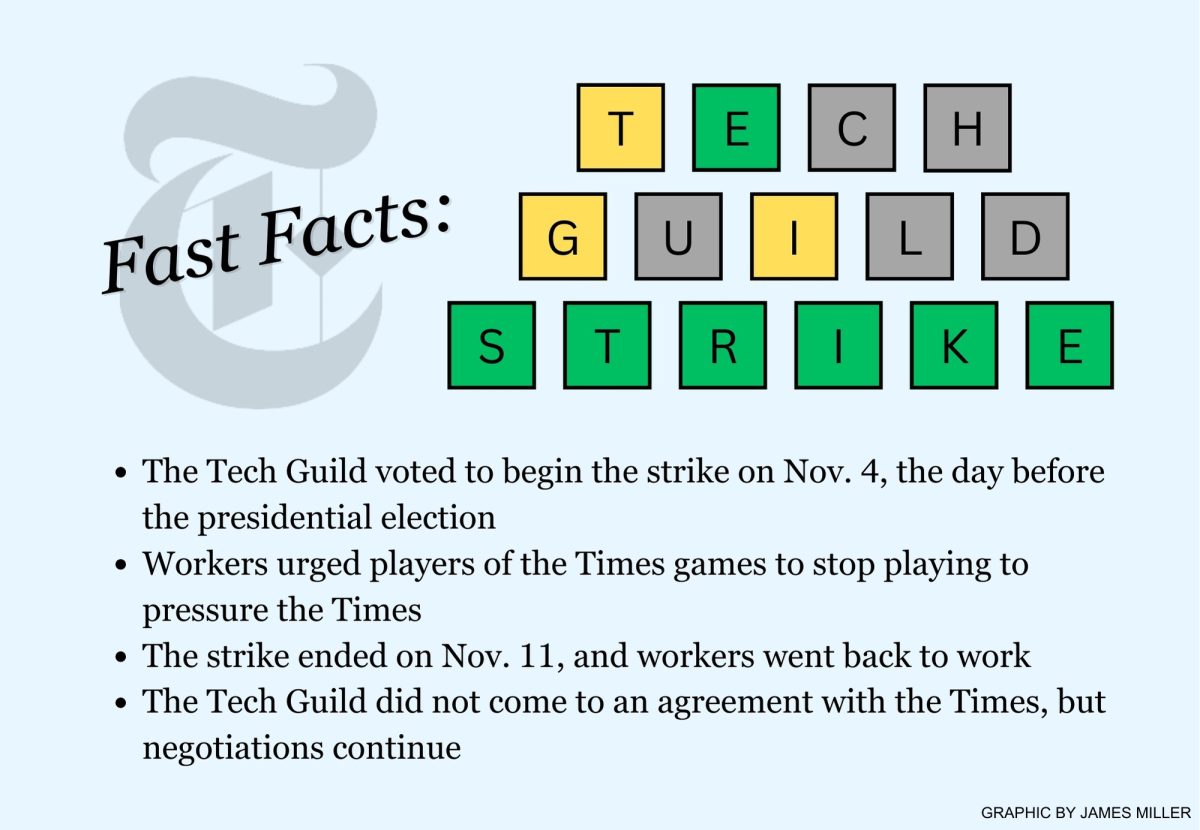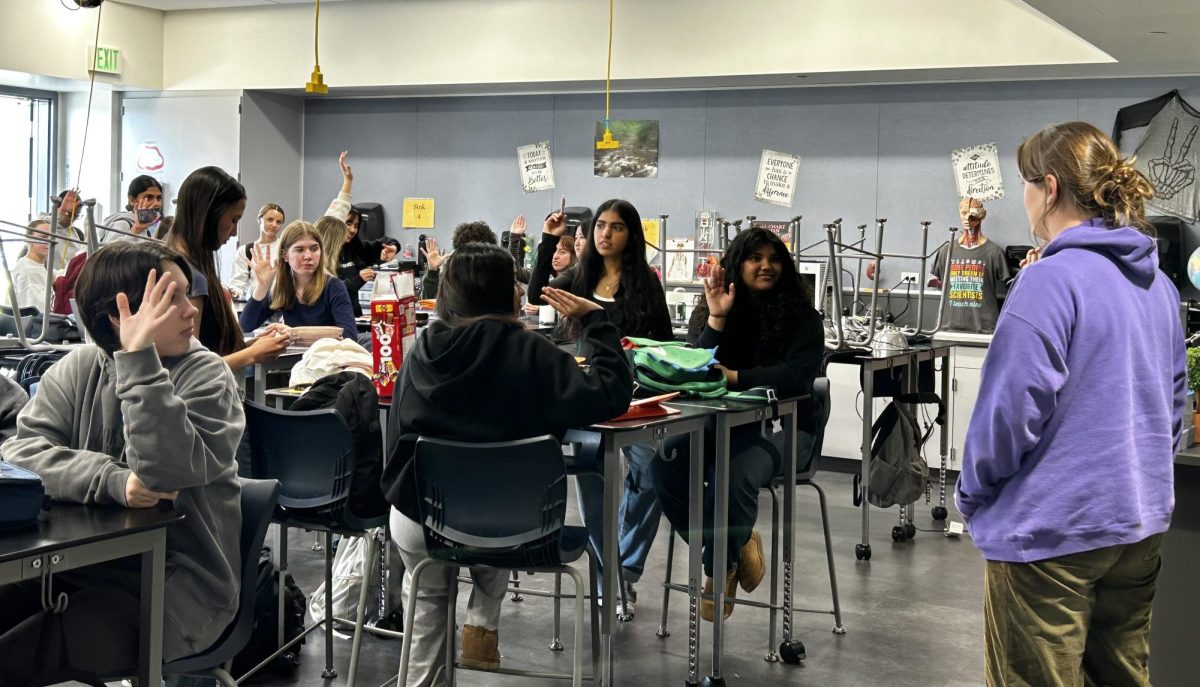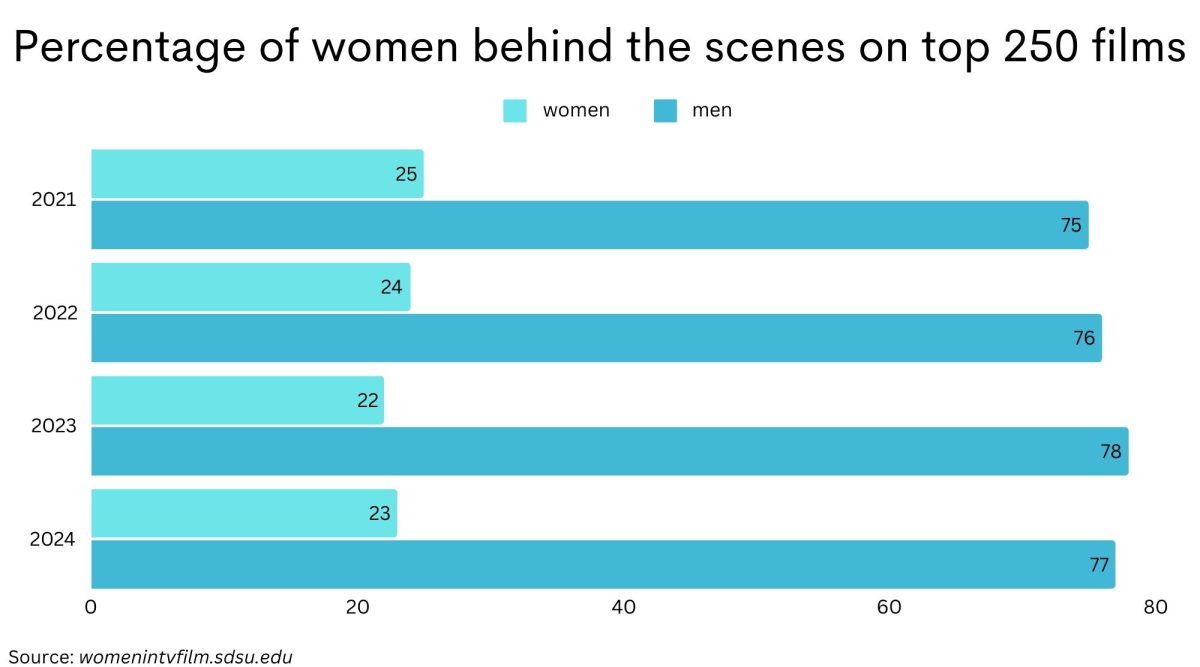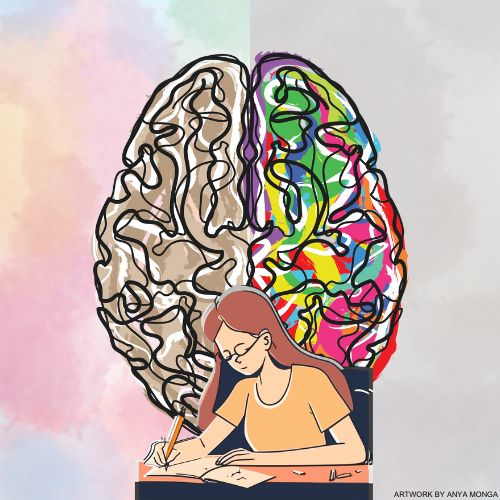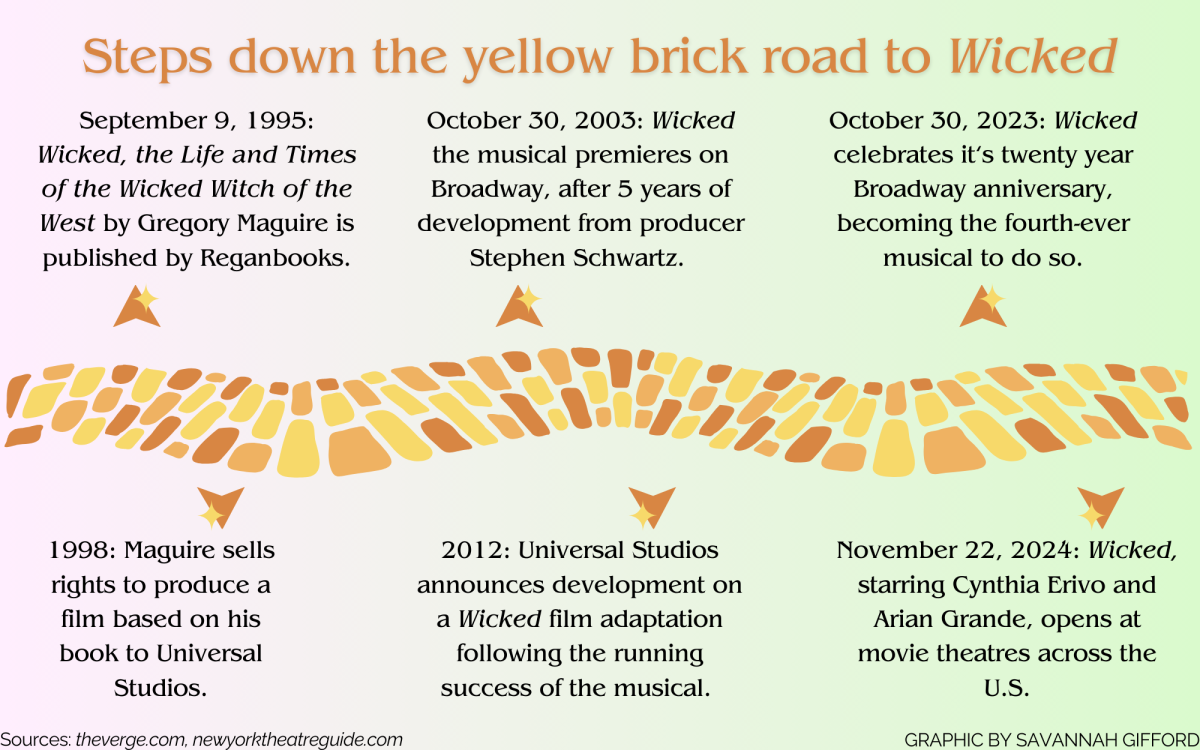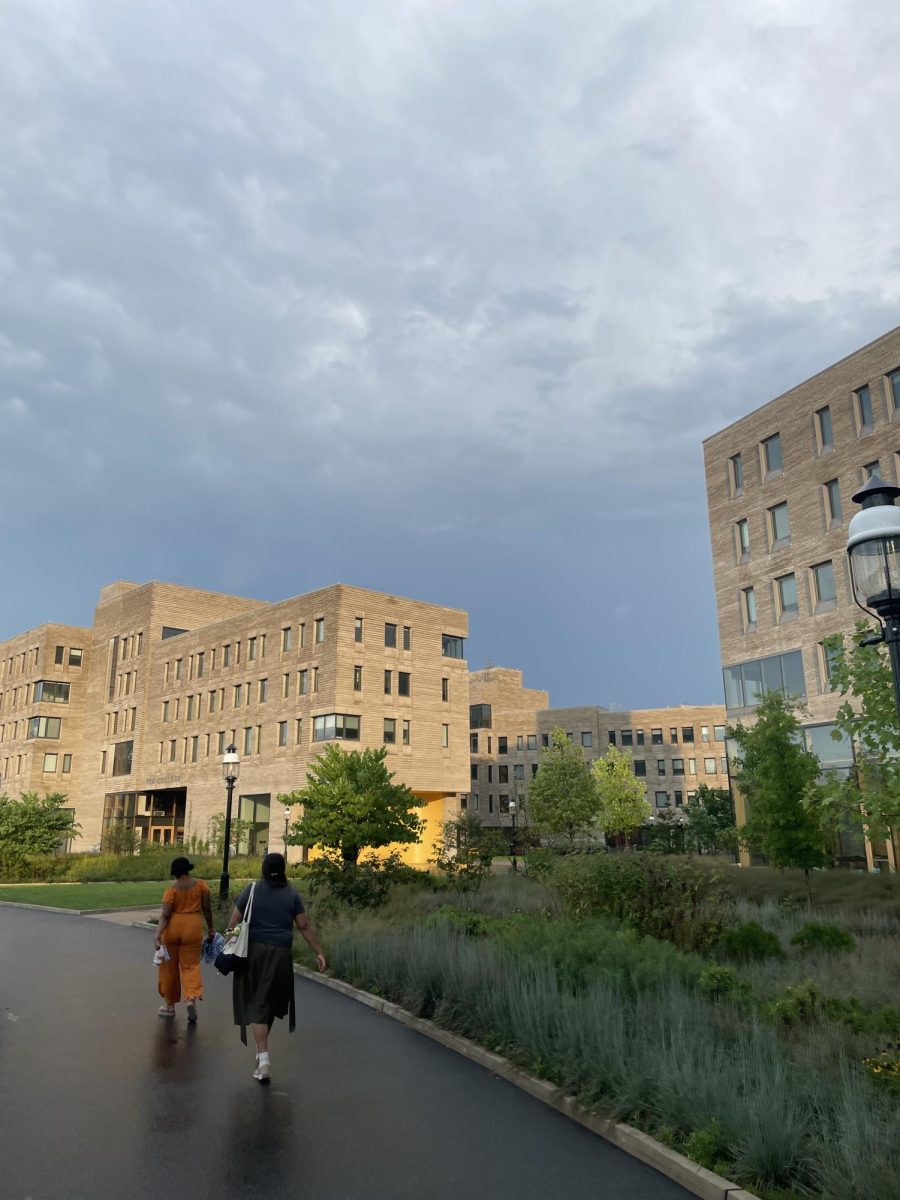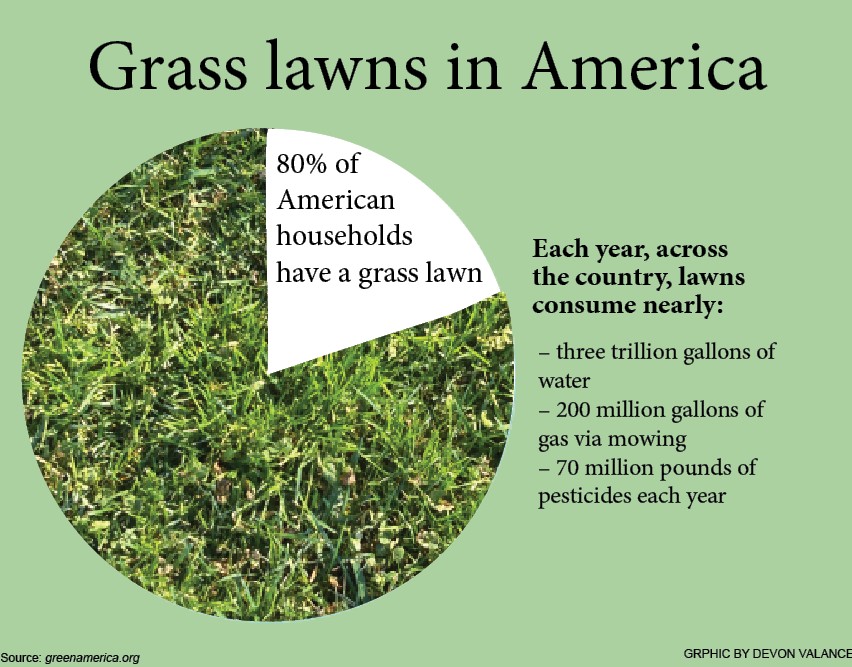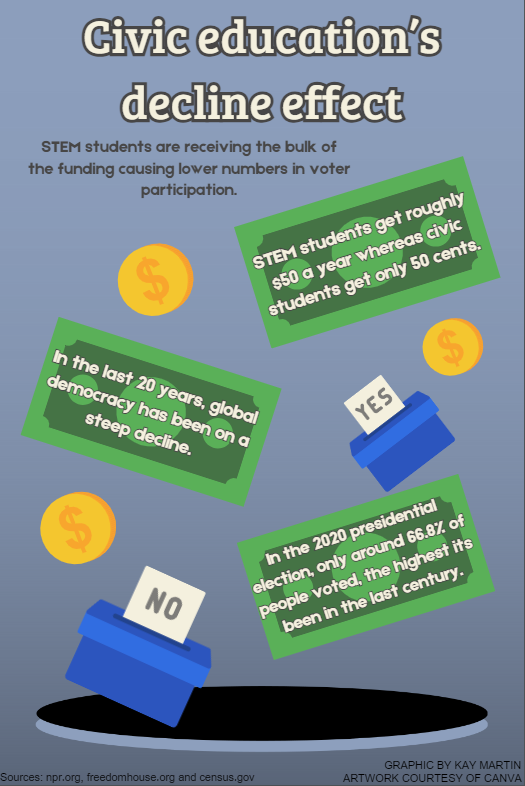There’s scholarships for it every week. There’s record federal spending for it. There’s vast amounts of students dedicated to it. Science, Technology, Engineering, Mathematics: STEM. It’s the best of the four best subjects — at least, that is what most think. It’s imperative that, as a modern civilization in the 21st century, society’s goal is to progress, surely.
Perhaps, in sight of a brighter future, people have forgotten the here and the now.
In the United States alone, 38 million people fall under the poverty line. Globally, more than one billion individuals live on less than one dollar a day, according to census.gov and un.org.
An extreme number of people live in complete destitution, but instead of investing in public policy or social sciences — areas that would help combat these issues — modern society finds itself encapsulated by STEM.
More alarmingly, global democracy has seen itself on the decline for more than 20 years, according to freedomhouse.com. The United States has seen firsthand during the Jan. 6 riots the increasing presence of right wing populism, a phenomena spreading throughout the world. These populist platforms rely on anti–immigrant sentiment and reactionary ideology. From Poland to the Philippines, governments are becoming increasingly corrupt and less accountable to their people.
The United States spends about $50 per student on STEM education each year. Civic education receives the leftovers — 5 cents every year, according to npr.org.
This is a problem because many people find themselves overwhelmed by their political system — from local elections for county supervisors to elections for House and Senate representatives, there are so many complex layers of government. Without civic education, individuals do not know how to use their voices in a democracy.
The recent 2020 election shows how little participation voters have. Despite being a historic high, only about 66.8% of eligible voters actually cast their votes at the ballot box, according to census.gov. At its low, only about 40% of the US population is voting, and that becomes even less in local elections.
There’s a culture of indifference in voters, but democracy is not a spectator sport. Without participation, many threats arise to democratic institutions. Without civic education or involvement, society lacks the ability to filter tyrants out of democracy.
One system that many countries have opted into are compulsory voting systems. Australia, Belgium and Luxembourg have all seen success with such a system, all touting above 90% voter turnout rates, according to quillette.com. In these countries, there is a culture around civic participation, bringing along with it wide accessibility and even post–voting parties.
Other countries like Israel and South Korea have created voting day holidays so that working does not hinder the process of voting.
All of these solutions require lots of money, however, and society’s growing obsession with STEM will continue to put civics on the backburner.
STEM undoubtedly brings many benefits to society and will continue to do so — there’s no question about it. Whether we live in a dystopian world or a democratic one, that is the question we should ask ourselves before we begin to forget about civic education.



